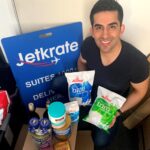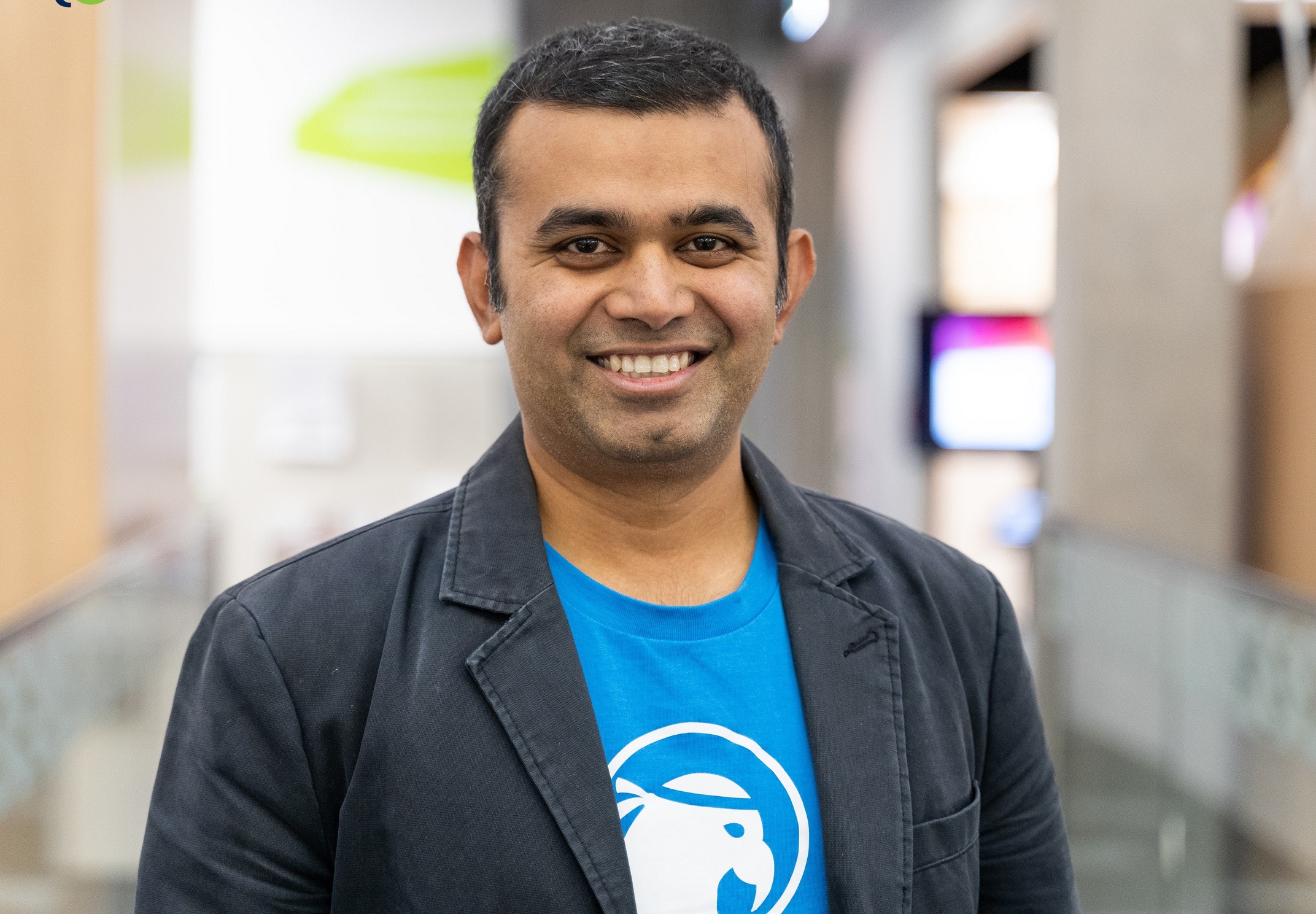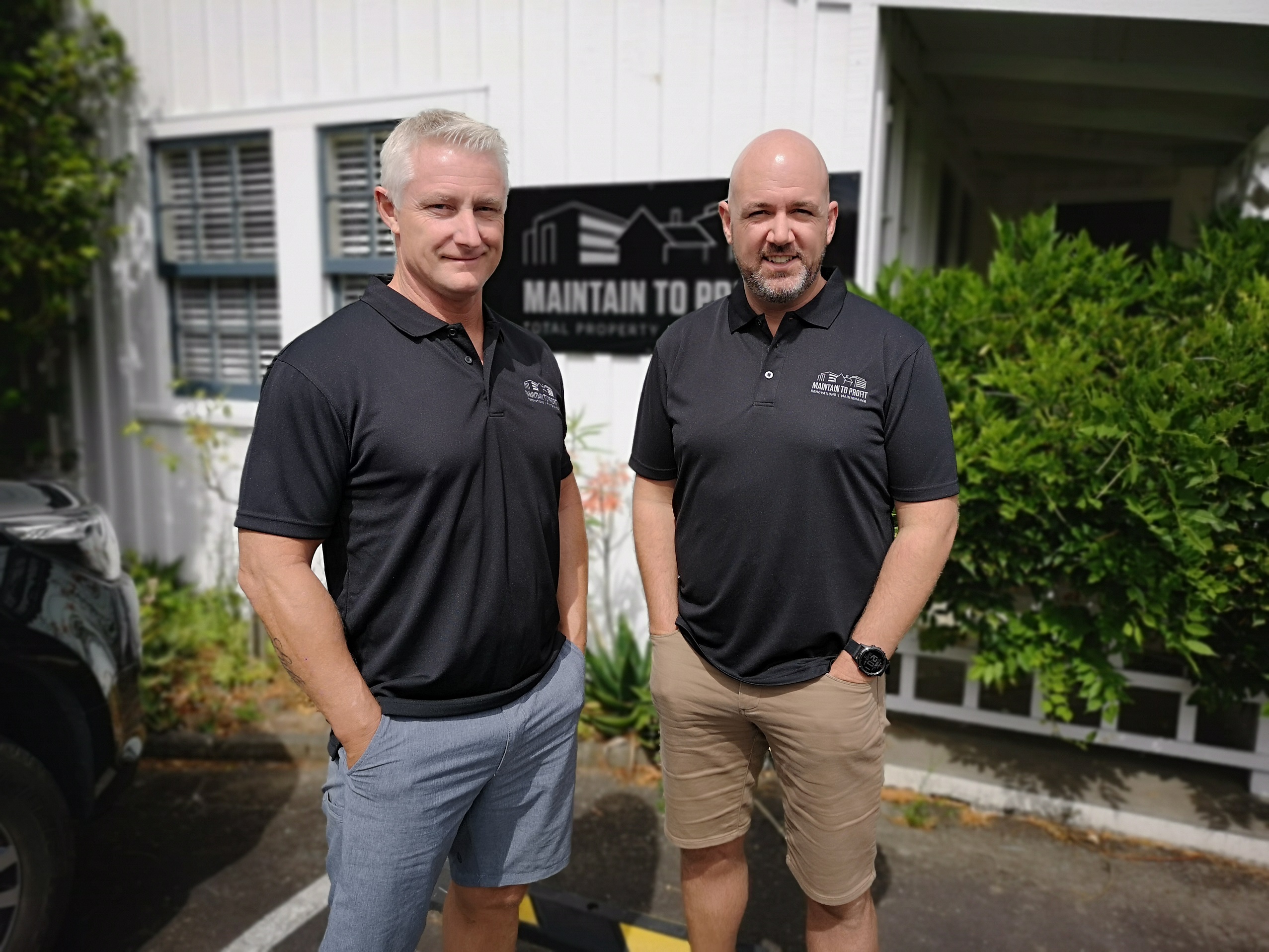Tales of grass roots resilience
New Zealand’s media has been awash with inspiring tales of business owners defying the pandemic through reinvention – by navigating and pivoting across alert levels, and emerging wiser and better […]
New Zealand’s media has been awash with inspiring tales of business owners defying the pandemic through reinvention – by navigating and pivoting across alert levels, and emerging wiser and better prepared for our ‘new normal’. Here is a tiny selection of those warriors’ stories – delivering useful lessons on innovation and resilience.
Well here we are at the tail end of 2020. If we hit ‘pause’ and review the past nine months we can be forgiven for thinking “did all that really happen?”
Unfortunately we’re surrounded by reminders – the ubiquitous face-masks and sanitizers, the shuttered business premises and ‘closed’ signs, the struggling tourism, hospitality and tertiary education sectors.
For business owners there have been countless stories of resilience and reinvention to draw inspiration and lessons from – many featured through NZBusiness. I’m sure you will also extract value from the following four contributors, and use it to help fine-tune your business for summer and on into 2021.
Getting back on the bike
When Frank Witowski, owner of Nelson-based Hybrid Bikes[1], first heard that covid had arrived on these shores, he was worried. The entrepreneur had friends in China who had kept him informed of the situation there. The Wuhan lockdown had been severe. Would that happen here?
As New Zealand entered Level 2, his phone went dead and orders dried up overnight. Frank immediately went into survival mode, keeping a frugal eye on expenditure and quickly establishing a safety-net through part-time work that utilised his engineering skills.
“The lesson here is that even if you run a strong business, never have all your eggs in one basket,” says the self-confessed workaholic.
Under full lockdown Frank utilised his spare time to improve his business. He already had a unique business model and product with his custom-built carbon-fibre e-bikes, but his website needed improvements. So he worked with a designer to refine the site – introducing a number of sophisticated special effects, such as 360-degree product rotation.
“I also used lockdown time to achieve Fernmark certification for our carbon-positive business,” he says, “another job I’d been meaning to do and a move that signalled Hybrid Bikes’ long-term commitment to the market.”
So lesson two? Use spare time wisely.
Looking back Frank can see how online sales saved his business – they were already strong prior to covid, but sales boomed post-Level 4.
“People already knew e-biking was cool, but suddenly sales just went crazy,” he recalls.
Frank’s website investment didn’t take long to pay dividends, with online sales today making up to 70 percent of total sales. And he’s grateful for some government-backed assistance that went towards online marketing.
Frank believes that in order to stay resilient it’s important to get creative around promoting your brand and, if you can, work in partnership with other local complementary businesses.
Hybrid Bikes joined forces with well-known Nelson business Pic’s Peanut Butter to promote their e-bikes through involving Pic’s staff.
Providing retirement villages with demo bikes was another low-cost initiative, and well-targeted when you consider the popularity of e-bikes with the 55-plus age group.
“Always look for positives, and focus on making these situations better,” he says.
On the export front, Frank’s export contacts put talks on ice when covid turned up. However, in recent months, discussions are back on again, with interest higher than ever.
In summing up his position today, Frank admits to being in a strong position and “one of the lucky ones”.
Not that luck had much to do with it.
Image above: Frank Witowski (right) with former Olympic cycle mechanic Jim Matthews.
Working on your mind-set
Julia Vahry admits to being caught off-guard by the speed at which the initial lockdown occurred.
“It was so fast that one day I had a healthy pipeline [of business], the next day I didn’t.” Potential clients of her Waikato-based insurance business[2] simply bunkered down and the handbrake went on everything. The fact that she was about to settle on a house and, like most people, had significant financial commitments didn’t help either.
The former police officer has witnessed plenty of tragedy and disruption, so it was natural for her to have perspective, and a mind-set that said ‘things are not as bad as they could be’.
She coped by seeking external advice on her business’s direction; by realising the insurance industry is commoditised – which explains why clients ‘switched off’ so quickly; and by understanding that people were just not prepared.
“It seemed that many of my clients froze or panicked, and when they started up again were unfocused and had no thought beyond response – let alone recovery and building resilience for the future.
“To survive I needed to invest in my business to ensure it was robust and resilient, not just for me but for my existing and future client base. I had to ensure clients had a great experience and the best possible outcome from what was happening. To do this I needed to set myself apart from others in the industry.”
During the initial nationwide lockdown Julia carried out a comprehensive review of her strategy and brand. She engaged experts to revaluate her business through an insight-led approach – this involved interviewing clients, partners and providers.
“It was a challenge to let someone else engage in something so personal to me, but the biggest challenge was being patient enough to trust the process.”
Adding a philanthropic touch to her business has been another rewarding outcome of the pandemic for Julia. Triggered by a young relative who passed away in 2019 as a result of childhood cancer, she has been a blood donor ever since and during lockdown partnered with New Zealand Blood Service to drive a campaign to help build morale and improve mental health.
The blood and plasma ‘Step Up and Save Lives’ campaign is now live, and partnering with large organisations and businesses that are passionate about their community has been truly empowering,” she says.
Julia’s advice for other business owners is to focus on doing your craft well.
“However, having a clear direction and strong mind-set that reinforces that direction is critical. Investing in understanding your market is also essential, not just at a product or service level but at a cultural level within your organisation.
“Sometimes we need support to help reveal our ideas of where we want to go. Business owners and entrepreneurs constantly have ideas but don’t necessarily know the best possible way to create or execute them. So don’t be afraid to ask for help or get a mentor to help bring these ideas to life.”
Up for the challenge
For Katie and Andy Gray, owners of Whangarei-based Giftbox Boutique[3], the covid lockdowns delivered some major business continuity challenges – but the inconvenience was more than compensated by a significant boost in website orders. Over Alert Level Four orders were up 266 percent on 2019 – and since then overall sales have been up 200 percent.
Corporates especially wanted to look after their people working from home, says Katie. “They were sending their staff giftboxes to show their appreciation. One customer delivered 496 boxes to their staff.”
Overseas customers who couldn’t travel home for a special occasion arranged for giftboxes to be sent instead, says Katie, who also believes there has been a change in buyer behaviour since Covid-19 arrived.
“People were buying online for the first time out of necessity and enjoying the whole process, so many have become repeat buyers. We’re definitely seeing increased confidence in online shopping.”
Katie and Andy also believe their previous experience in the online industry gave them an advantage over any competitors moving online for the first time during lockdown.
Covid has definitely tested Giftbox Boutique’s capabilities and versatility. Lockdown initially saw Katie and Andy down from 11 staff to just the two of them (with seven-month-old son Elijah in the front-pack!). They then gradually reintroduced staff while retaining social distancing in the warehouse.
However, operating with a skeleton crew, and then with staff working from home, taught them about new flexible ways of operating. “We now have one staff member who moved cities and still works for us remotely,” explains Katie. “Something we would not have considered pre-Covid.
“It also made us realise our staff have capabilities and skills we’d not seen before. So we now utilise their skillsets more.”
Perhaps the biggest challenge for Katie and Andy has been stock control. They’ve had to fine-tune their inventory systems to ensure adequate buffers were in place.
“It taught us to be flexible,” says Katie, “as sometimes we had to substitute items and still ensure value for customers.”
Making the best of a difficult situation seems to sum up the two owners of Giftbox Boutique. They’re taking a lot of positives forward with them from 2020, including their increased support for local artisan businesses (more than 90 percent of their gifts are supplied by Kiwi businesses), and the willingness of people to shop online for giftboxes leading into Christmas.
They’re predicting Christmas orders will be up by at least 30 percent.
Realistic optimism
Wellbeing specialist, speaker and author Lauren Parsons[4] is full of admiration for her clients in the tourism and travel industries who, at the height of the pandemic, had to deal with many unhappy customers, all while facing zero income for an unknown period. She says it’s been “a huge privilege” to help them remain calm and resilient while making the tough decisions that will ultimately save their businesses.
Lauren has other clients facing double redundancies in their household while also running a loss-making business. “I’m so impressed by their tenacity and ability to remain realistic optimists,” she says.
“It’s all about keeping things in perspective and identifying ‘what can we learn right now’.”
She says it’s inspiring meeting proactive business leaders who recognise the dire need to prioritise staff wellbeing, to help their teams not just survive, but thrive.
“We know that when individuals thrive, that flows on to benefit their entire organisation.”
It all starts with business owners setting the example for their team, says Lauren.
“It’s vitally important to build and protect your own resilience by having daily non-negotiables that boost your mental wellbeing, so that you can go the distance.
“One CEO I worked with said that prioritising a morning walk transformed the course of her entire day.”
Picture resilience like a big golden bucket, she says. “There will be things that fill your bucket and things that drain it. The key is to keep the tide high, so that when adversity comes you can draw on that resilience without hitting the bottom.
“Picture all the things that fill your bucket – for example, gardening, time with loved ones, great sleep, cycling, reading, walking the dog, and so on. Then pick your top three and create rituals to integrate them into your life, every day.”
As leaders business owners must remain realistic optimists, Lauren believes. “Not pie in the sky optimists, but realistically looking forward and forecasting best, worst and most likely courses of action, then focusing on what can be done.
“We must have honest, open, vulnerable conversations with our people to make it OK for them to do the same and to really support them through this time. This will help underpin a workplace culture where people can thrive and perform at their best.
“Remember, we’ve been through global economic pain before; we’ve recovered from tough stuff, personally and collectively, and we will do it again.
“I keep playing this song over in my head. I share it with you as a final word.
Kia kaha, kia maia, kia manawanui. Be strong, be steadfast, be willing.”




